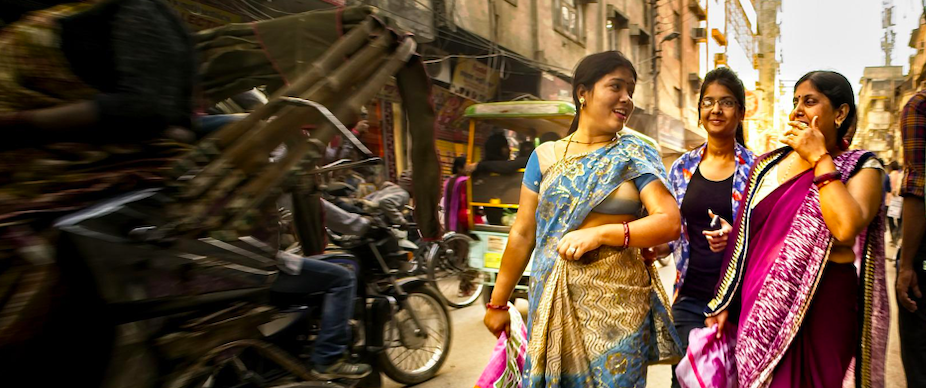As has been explored in earlier articles on this blog, there are numerous obstacles – political, social, and structural – that prevent the integration of women into the Indian economy on equitable terms and footing with their male counterparts. These issues are deeply rooted in the Indian economy and society more broadly, and addressing them requires concerted and directed efforts on the part of multiple stakeholders, such as the state and civil society. The role of the government in this regard is of particular importance – the government is uniquely positioned to exercise its authority, utilise its resources, and mobilise the nation more broadly in pursuit of the greater economic empowerment of Indian women.
In this article, we will be exploring some of the measures undertaken by the central government with the aim of addressing structural problems that prevent the full and equitable integration of women into the Indian economy, and creating opportunities for their further economic empowerment.
1. National Creche Scheme:
One of the most significant obstacles preventing women from participating in the workforce, particularly in the formal sector of the Indian economy, is the enormous burden of reproductive and domestic labour that they are compelled to bear as a result of oppressive and outdated social norms and expectations. The National Creche Scheme seeks to address this – by creating day-care facilities for the children of working women that are either free of cost or heavily subsidised, women are able to pursue full-time employment without the additional and unfair burden of sole responsibility for child-rearing.
2. Rashtriya Mahila Kosh:
Under the Rashtriya Mahila Kosh (RMK) Scheme, women are provided with micro-credit facilities at concessional interest rates – these facilities are intended to support livelihood expenses as well as income-generating activities. This provides women with infusions of cash that are often vital in enabling them to meet non-discretionary costs in their personal and professional lives, providing them with an important degree of security, stability, and independence.
3. Working Women Hostels:
Women seeking employment face many logistical challenges that are unique to their gender – one of these relates to the freedom of movement and access to transportation. Women cannot move about as freely as Indian men – in part due to concerns around safety and familial and social expectations. Naturally, this can be a major impediment in their professional lives, particularly for those women who are required to travel long distances or relocate for their jobs. The government’s scheme of setting-up hostels for working women seeks to address this crucial logistical concern.
4. Women-led Enterprises Support Schemes:
One crucial way in which the government can contribute to the economic empowerment of women is by lending support, in terms of finance, infrastructure, and expertise, to women in business. An increasing number of women in positions of responsibility, power, and influence in the world of business is vital in creating future opportunities for women in the economy broadly, and in providing an example and inspiration to countless others. To that end, the government has launched numerous initiatives, such as the Pradhan Mantri Mudra Yojana, Stand Up India Initiative, Prime Minister’s Employment Generation Programme (PMEGP), for helping women to set up their own enterprises.
By Anika Singi – Young Writers Series
Source:
https://www.iasgyan.in/daily-current-affairs/schemes-for-women-empowerment





